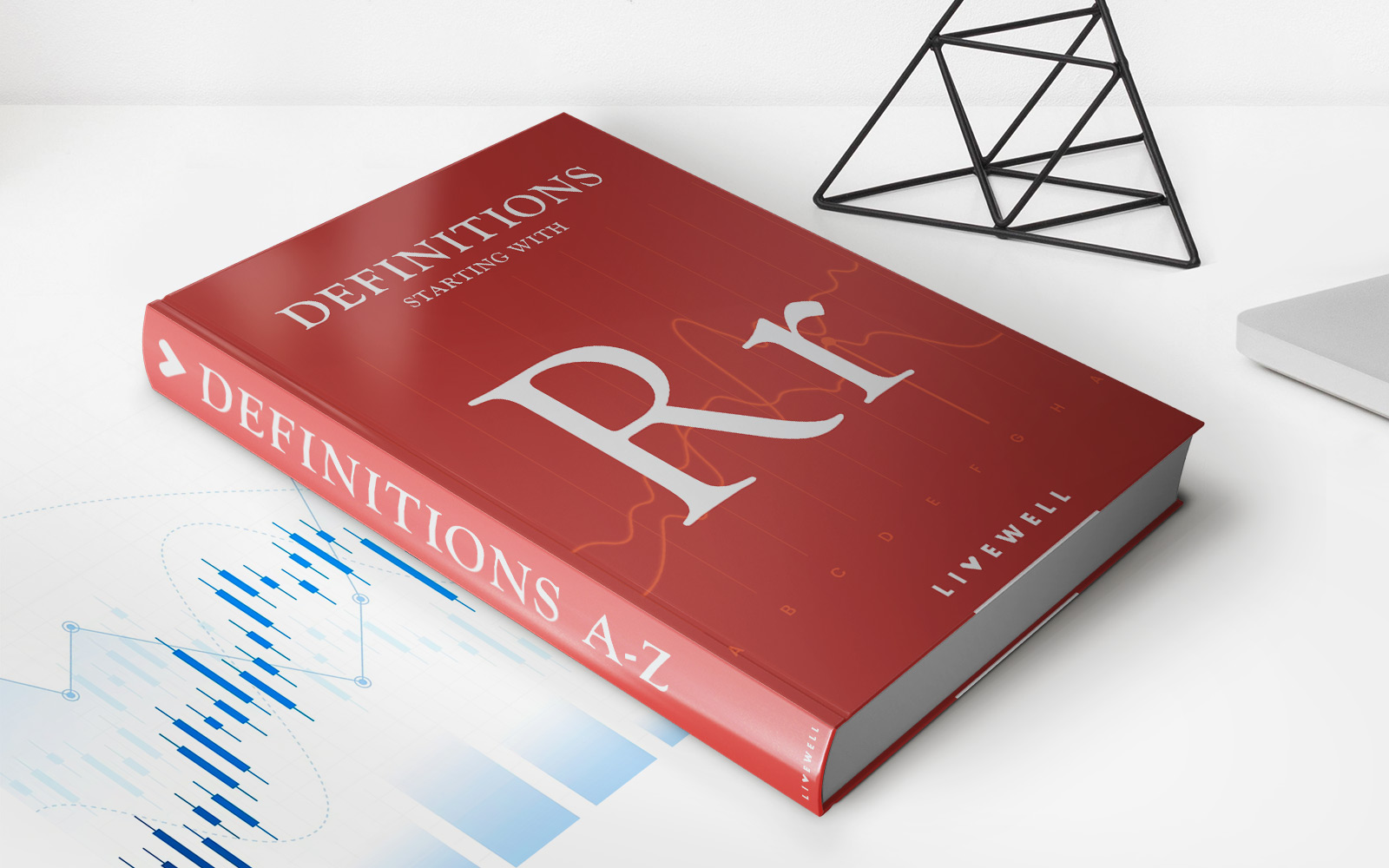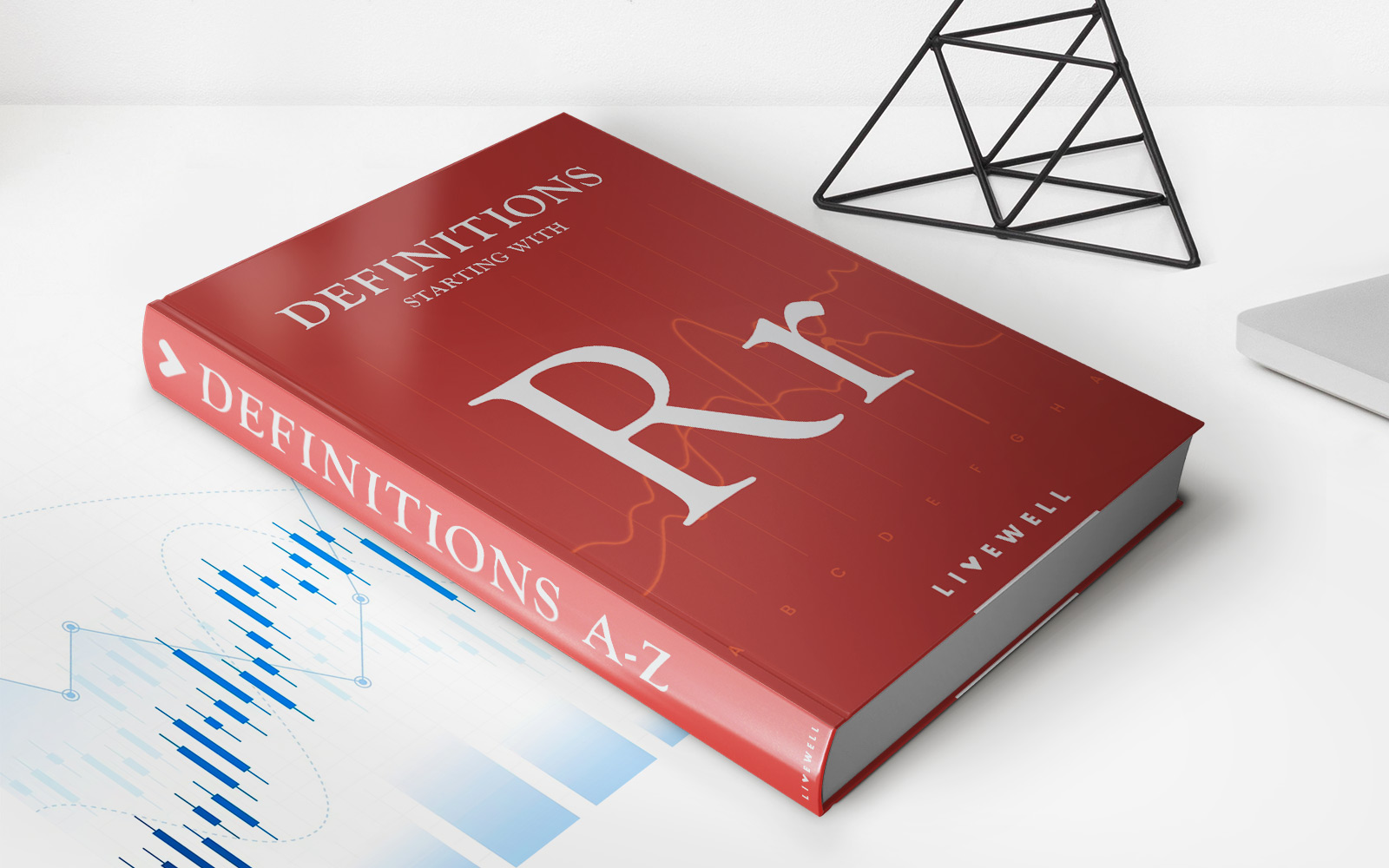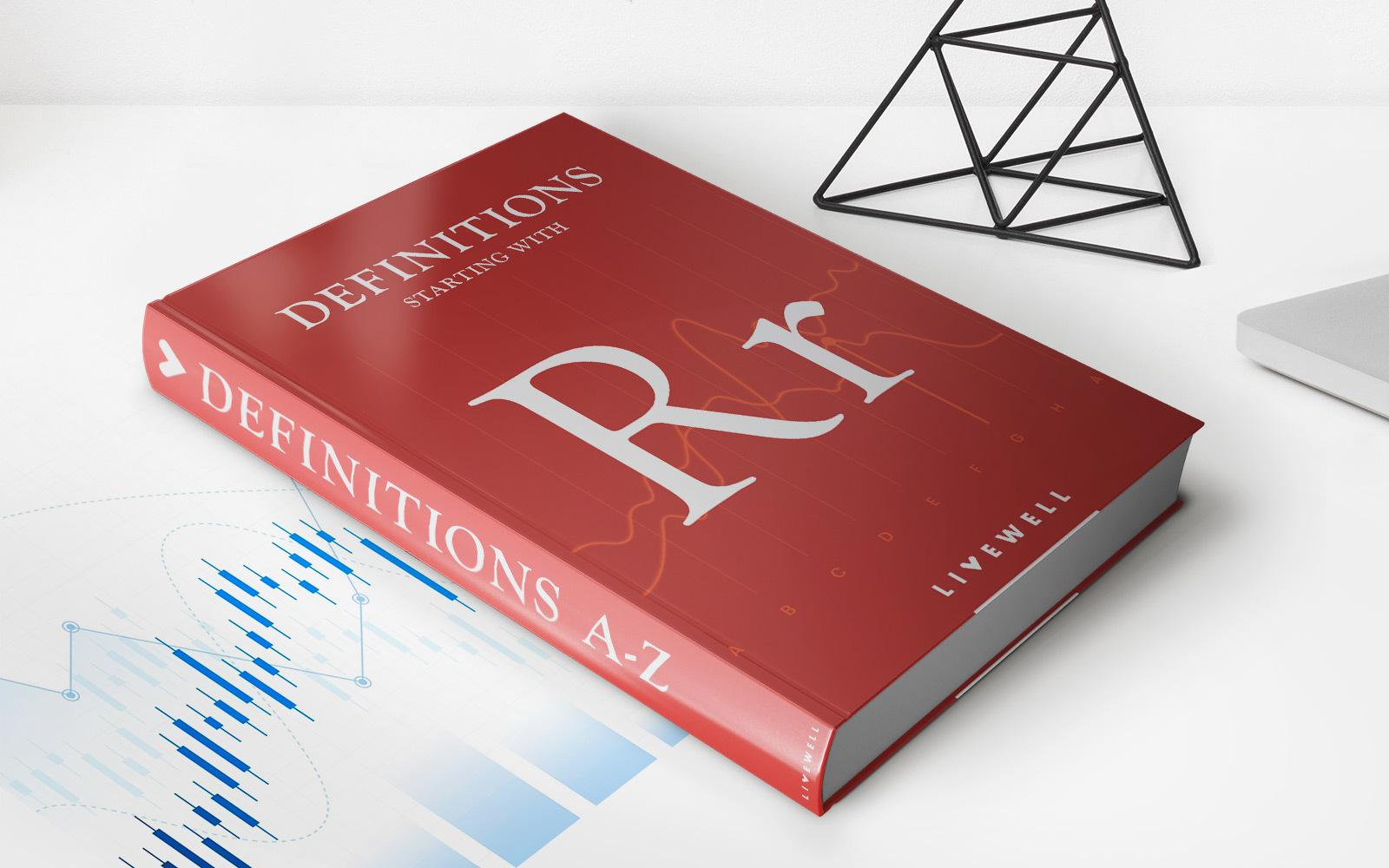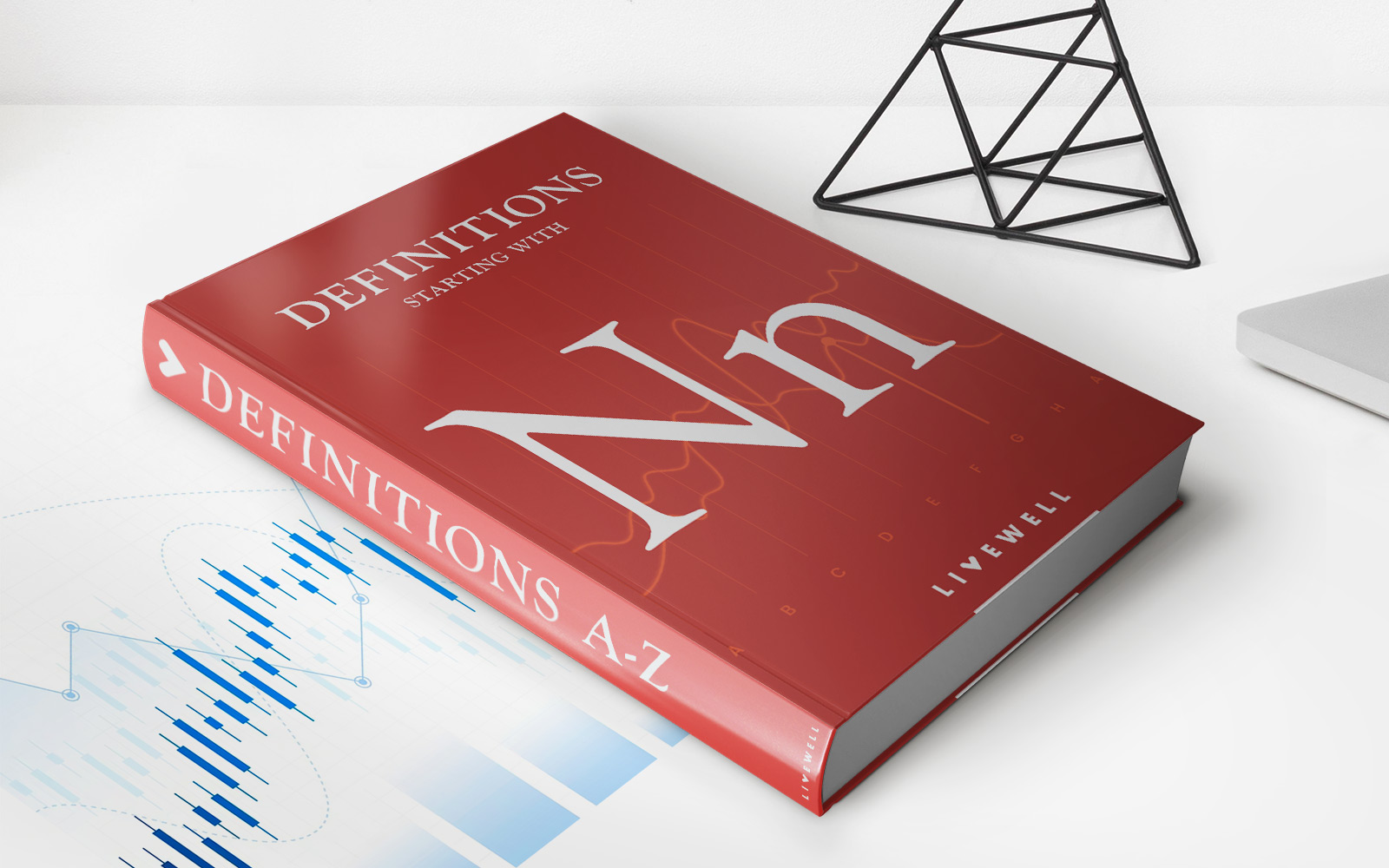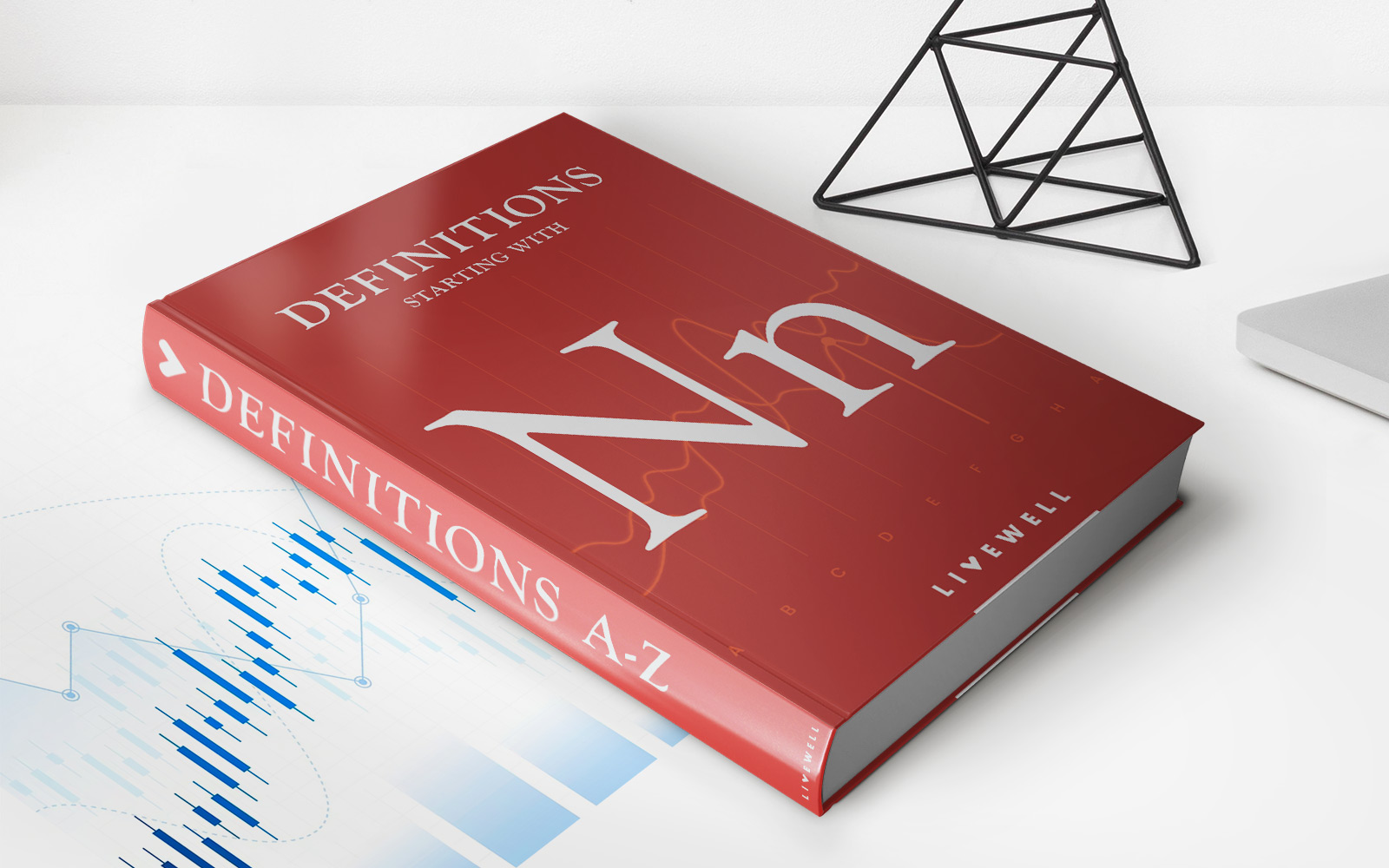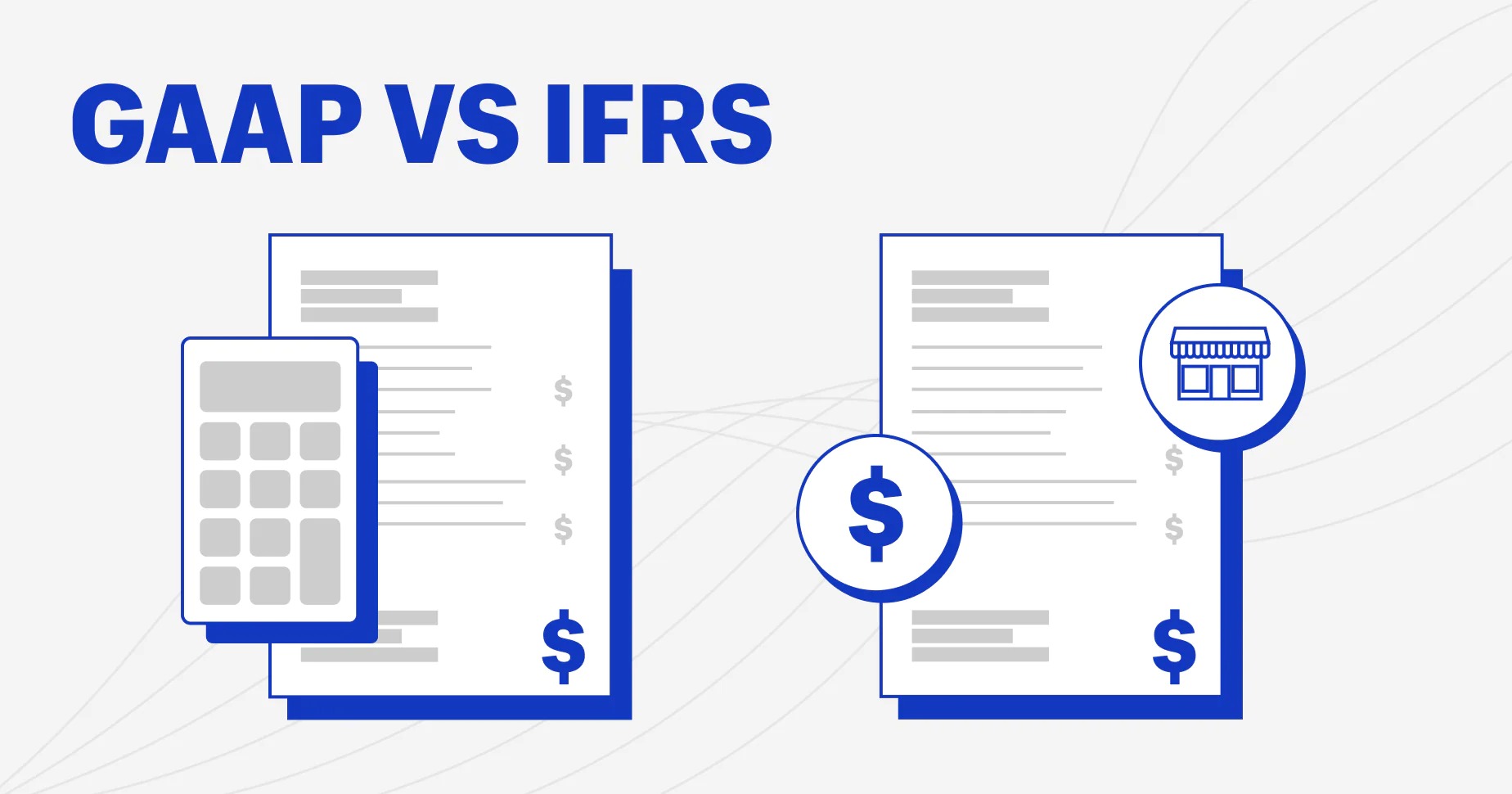Home>Finance>Renewable Resource: Definition, Considerations, And Types
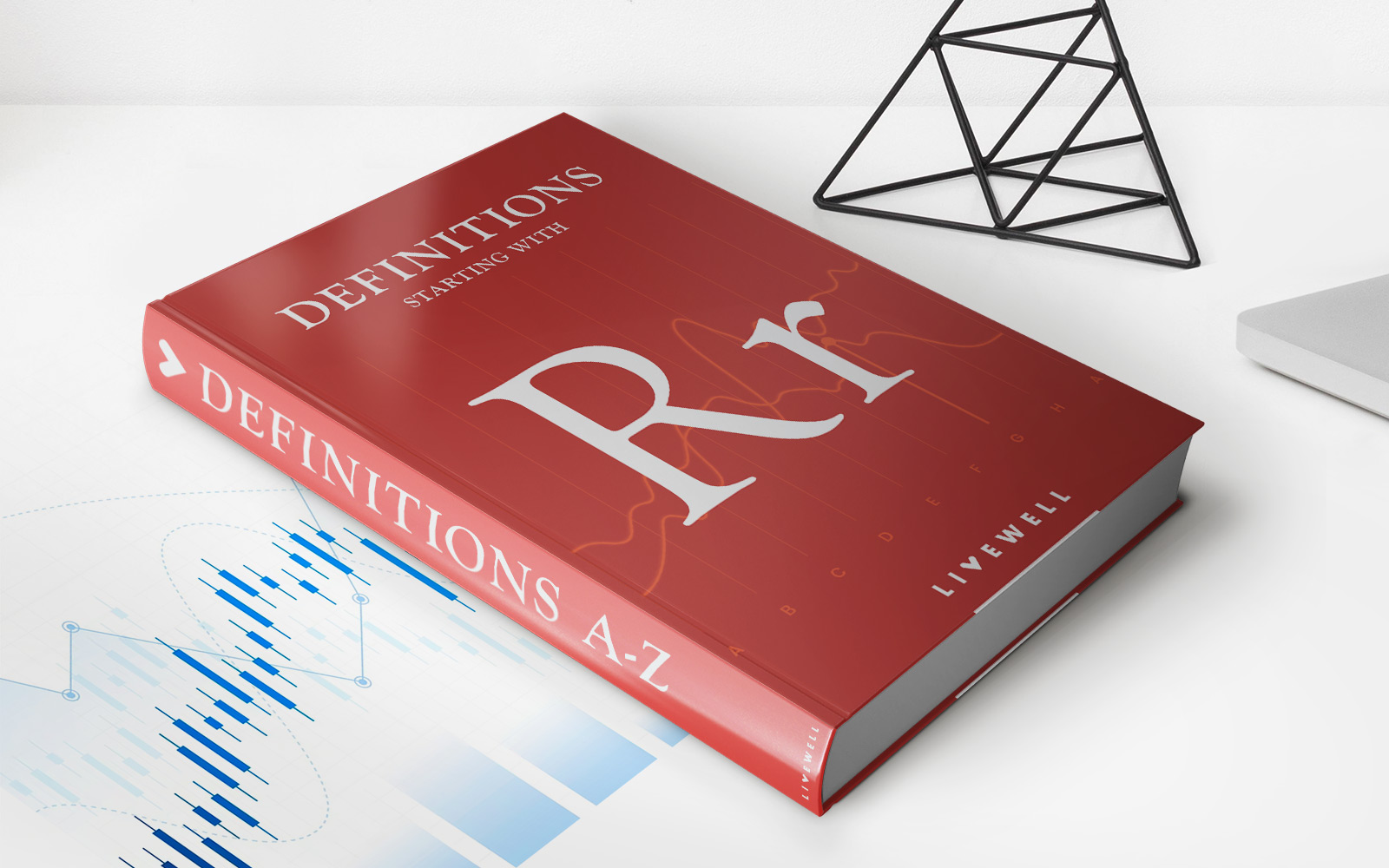

Finance
Renewable Resource: Definition, Considerations, And Types
Published: January 18, 2024
Discover the definition and types of renewable resources in finance. Learn the key considerations for harnessing these sustainable assets and their exciting potential for growth.
(Many of the links in this article redirect to a specific reviewed product. Your purchase of these products through affiliate links helps to generate commission for LiveWell, at no extra cost. Learn more)
Renewable Resource: Definition, Considerations, and Types
Welcome to our Finance category, where we explore various topics related to managing your finances, investments, and understanding different financial concepts. In this blog post, we will delve into the world of renewable resources, discussing what they are, important considerations, and the different types available. So, let’s explore the sustainable side of energy and resources!
Key Takeaways:
- Renewable resources are natural resources that can be replenished or regenerated naturally over a relatively short timescale. They provide an alternative to non-renewable resources such as fossil fuels.
- Investing in renewable resources offers long-term sustainability and economic benefits while reducing the negative impact on the environment.
What is a renewable resource, and why is it important in today’s world? Simply put, a renewable resource refers to any natural resource that can be replenished or regenerated naturally within a relatively short period. These resources offer an alternative to finite and non-renewable resources, such as fossil fuels. As climate change and environmental concerns take center stage, the shift towards sustainable practices and renewable resources becomes essential.
Now, let’s take a closer look at some key considerations to keep in mind when thinking about renewable resources:
- Environmental Impact: The biggest advantage of renewable resources is their minimal environmental impact. Unlike burning fossil fuels, renewable energy sources release minimal greenhouse gases and pollutants, reducing the overall carbon footprint.
- Economic Benefits: Investing in renewable resources can bring numerous economic benefits. The renewable energy sector has seen significant growth in recent years, creating jobs, attracting investments, and driving technological advancements.
- Long-Term Sustainability: Unlike non-renewable resources that will eventually run out, renewable resources offer a sustainable solution for meeting our energy and resource needs. By harnessing the power of nature through technologies such as solar panels, wind turbines, and hydropower, we can ensure a continuous supply of energy.
- Energy Independence: Relying on renewable resources helps decrease dependence on foreign sources of energy. By harnessing local renewable sources, countries can enhance their energy security and reduce vulnerability to geopolitical tensions.
Now that we understand the importance of renewable resources, let’s explore some popular types:
- Solar Energy: Harnessing the power of the sun through photovoltaic panels to generate electricity for residential, commercial, and industrial use.
- Wind Energy: Utilizing wind turbines to convert wind power into electricity, especially in areas with consistent wind patterns.
- Hydropower: Generating electricity using the kinetic energy of flowing or falling water, often through the construction of dams and turbines.
- Biomass Energy: Extracting energy from organic materials such as forest residues, agricultural waste, and dedicated energy crops.
- Geothermal Energy: Tapping into the Earth’s natural heat to generate electricity or provide heating and cooling for buildings.
In conclusion, renewable resources offer a sustainable and greener future. By investing in these resources and embracing alternative energy solutions, we can combat climate change, create economic opportunities, and safeguard our planet for future generations. So, let’s make a conscious effort to support and promote the adoption of renewable resources as we strive for a brighter, more sustainable future.
